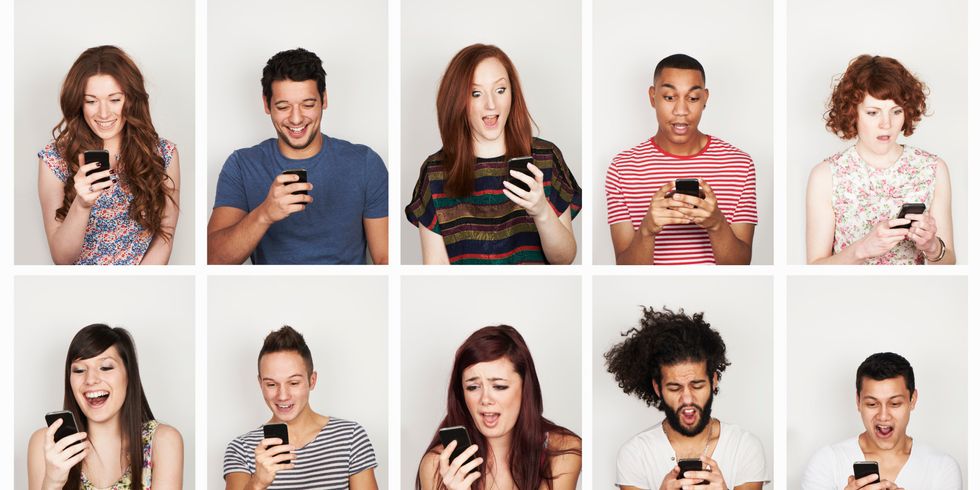I have personally never used an iPhone, but as much as I have heard about it, it is an engineering marvel. But recently, I have been fascinated by the latest lawsuits against Apple and their numerous iPhone levels still on the market. I wanted to delve deeper into what really happened.
The current revelation regarding Apple iPhones holds that the company made software updates in older iPhones that “intentionally” disabled the CPU of the phones. These CPUs originally reached their maximum clock speeds, before the update. In layman's terms, the phone becomes slower with the update than it was before installing it.
What they did and why they did it (barring too many technical intricacies)
Software updates are called updates for a reason. They consume more power and require higher processing speeds (you can find this on the back of the box your phone came in; 1.85GHz for iPhone 6s and 2.34GHz for iPhone 7). Usually, the higher, the better for the newer updates.
But right now, Apple is facing a dilemma. Everyone wants the new iOS even if they have an older phone that can barely run for two hours after the new update. But, if it doesn’t provide the update to everyone, then the company is in grave danger of lawsuits on the grounds of “equality of phones."
What they decided to do was assess the situation. Older batteries aren’t capable of handling the new software updates. Instead of letting the device shut down, which would normally happen because of the energy consumption over the processing power of the old battery, they decided to slow down the clock speed of the processor in the device. This slows down your phone, but still runs the new iOS software update.
How do we interpret this decision?
You could say that what Apple did was “technically sound,” as instead of letting the device shut down, it just slows down. But Apple, in my opinion, should have consulted its consumers...or at least the subset that still uses older iPhones. If I had an iPhone and they gave me all the technical specifications before the update, I would have opted out of the new software. Apple could argue that people would still not be satisfied, but regardless, they didn’t ask for permission to alter a device that costs the consumer more than $500. Frankly, it's not their money.
I was giving Apple the benefit of the doubt until this news came out. Apparently, if you replace your phone battery for $79 instead of spending $650-$750, you could run the new iOS software on your previous iPhone model without a problem. It was only after making this discovery that I knew what Apple did was abysmally wrong.
Apple coerced their customers into buying newer versions of the iPhone by telling them that the technical specifications of the older model were too low to handle the newer updates. But now, they are telling people that all they needed to do all along was buy a new, $80 battery...not a new, $700 phone. Now, Apple is patching up the holes by offering replacement batteries at lower prices.
So, next time you need the latest and greatest iPhone, maybe opt for a battery replacement for your iPhone 6 instead of dropping a substantial sum on a new gadget. It'll work just the same. How 'bout them apples?






 StableDiffusion
StableDiffusion Photo by
Photo by  Photo by
Photo by 
 full parking
StableDiffusion
full parking
StableDiffusion









